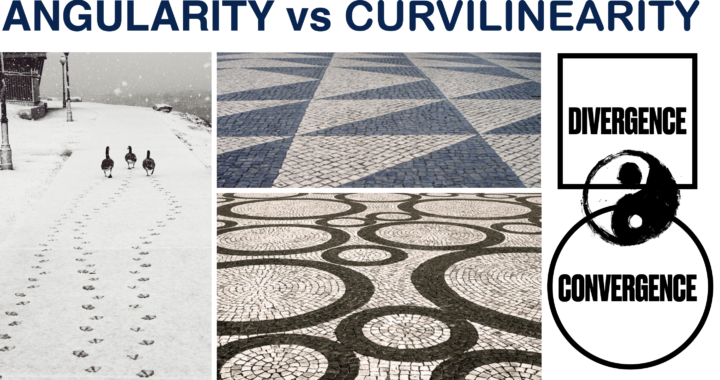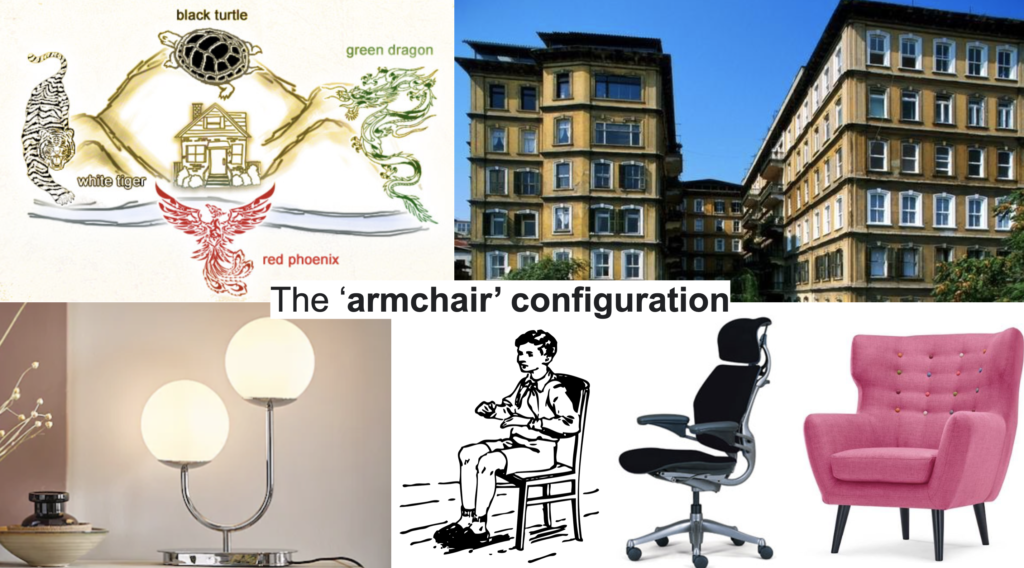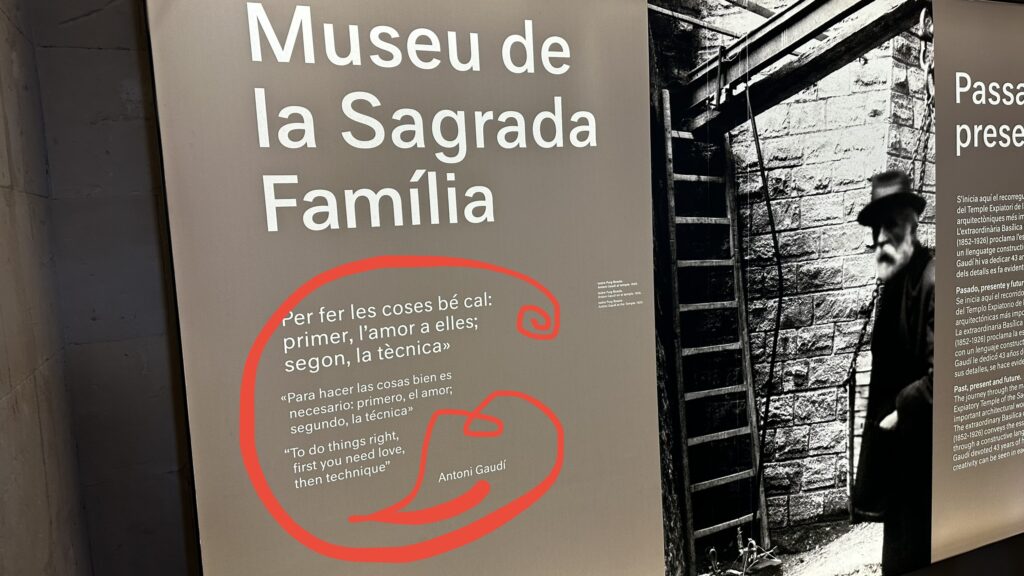Short definitions of feng shui
There are many definitions of feng shui. Here is my take on it. More importantly, what is feng shui for? What does feng shui do? These are more useful and practical questions that need to be answered. Feel free to email me your definitions of feng shui and what it does (for you).
 Feng shui is wind-water
Feng shui is wind-water
(The literal translation from Chinese and notice there is no ‘and’ between two symbols, so it’s NOT “wind and water” as some authors mistranslate and therefore create a false problem of separation – read more)
Feng = wind/spirit, shui = water/matter.
Feng shui is a holistic interior design.
(And a common sense interior design – everyone on this planet is using feng shui, consciously or not.)
Feng shui is about creating harmonious, healthy and optimum environments for working and living.
Feng shui is the art of placement or, more accurately, the art of positioning yourself in the world.
Feng shui is a physical affirmation or an affirmation with props.
Feng shui = intention + power/energy/relationship + ritual.
Feng shui is a way of ritualising power.
(Power is the ability to be in control, and how much control you feel is directly related to how much power you have.)
“the house shelters day-dreaming, the house protects the dreamer, the house allows one to dream in peace.” Gaston Bachelard, The Poetics of Space
Feng shui is space conditioning.
Feng shui is a method of solidifying and physicalising your energy and power.
Feng shui is a complex art based on the Chinese understanding of the dynamic flow of energy throughout the universe. It examines how people are affected by the environment in which they live and consciously acknowledges the connection between our external surroundings and our inner being. (circa 4000 years old)
Feng shui is similar to environmental psychology which is an interdisciplinary field focused on the interplay between individuals and their surroundings. It has a broad definition of ‘environment’, encompassing natural environments, social settings, built environments, learning environments, and informational environments. (circa 100 years old)
Feng shui is about two things: empowering yourself and balancing yourself. Empowering: managing your power, your energy. Balancing: staying in harmony with nature (the yin and yang of things).
Feng shui is a way of reading, relating to and affecting environments.
Feng shui is about minimising environmental stressors and maximising positive environmental aspects – this is what feng shui does, its function.
Feng shui is the management of power and perceptions about your environment.
“We shape our buildings, thereafter they shape us.” Winston Churchill‘s all-embracing definition of feng shui, what it does
Feng shui is the psychology of space.
Feng shui is a ritual.
Feng shui is a prayer with props.
Feng shui is NOT about keeping the toilet lid down.
Feng shui is a metaphor for your home and workplace.
Feng shui is chi/qi (energy).
Feng shui is yin and yang – it’s about balance.
“Feng shui is the art of placement.” Sarah Rossbach
Feng shui is about moving furniture (not).
Feng shui = intention + ritual.
(Three things: intention, +, ritual, where ‘+’ is relationship or positivity).
Feng shui is a spiritual practice.
How to do feng shui and moderate the energy (flow):
If it is obstructed – unblock it
If it is tight – loosen it
If it is lax/weak – strengthen it
Feng shui is love for…
Gaudi’s timeless advice: “To do things right, first you need love, then technique.” describes my feng shui approach.
Feng shui will affect you on many levels: physical, emotional, mental, spiritual, social, cultural, relationship-wise, health-wise, wealth-wise and so on.
Feng shui primarily belongs to the category of art and philosophy (Chinese Metaphysics) and then a bit of science.
(I’m working on the science bit and developing evidence-based feng shui). It can be said that feng shui is NOT science since there isn’t enough evidence for it to be called science in generally accepted science.
Feng shui is awareness of living environments.
“If a geomancer can recognise ch’i, that is all there is to feng shui.” Sarah Rossbach
Feng shui’s function is to create affects.
Feng shui is home and reimagining it.
Feng shui is any physical intervention that works.
(For example, if your fridge door opens the right way ie towards the kitchen or work areas, so you don’t have to go around the door to get into the fridge – then that’s good feng shui. Or if you have flexible lighting in your workplace, that’s good feng shui. Or if your computer screen is positioned ergonomically so you don’t look down at it and perform better – that’s good feng shui.)
Feng shui is the spirit embodied.
Feng shui is considered a process, not a one-off event. Sometimes, one off intervention can fix a specific problem though eg dirty electricity with dirty electricity filters.
“Don’t put your life in feng shui – put feng shui into your life.” William Spear



 Feng shui is wind-water
Feng shui is wind-water